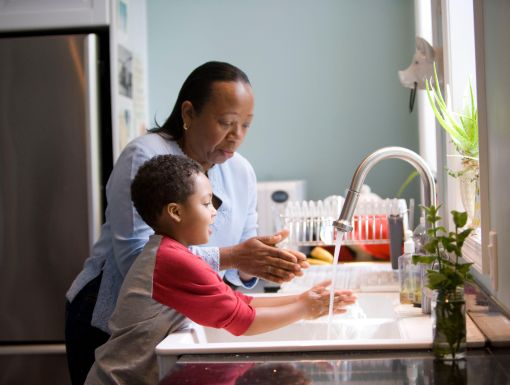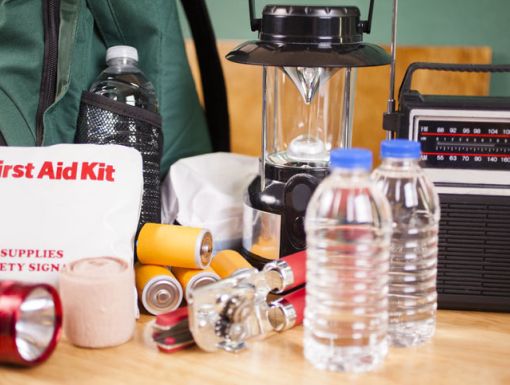
How to Prepare Your Child for a Hurricane
Hurricane season can be a stressful time for all involved, but it can be especially confusing for children. If you have younger children, they may be worried about what will happen to their home or family in the case of a major storm. As you focus on tracking the storm, planning your evacuation route and packing all the necessary supplies, remember to also take a moment to acknowledge your child’s concerns.
Here are a few ways to prepare your child and ease their anxiety during a hurricane.
Talk to your child
It is important to explain what could happen during a hurricane in a developmentally appropriate way, meaning what you would say to your teenager is not what you would say to your four-year-old. For an older child, you may be able to explain that Hurricanes are dangerous, and we could get hurt so we need to evacuate. For a younger child, you may explain that it is a big storm and it can cause a lot of water around the house, so we are going somewhere dry. While they might not fully understand the devastation a storm could cause, they might still be overwhelmed by the thought of leaving their home. Ask your child if they have any questions about hurricanes or where they are going and try to answer them in the most reassuring way possible.
The best way to approach the topic is by using (AIR): Ask, Inform and Reassure.
- Ask: Ask what the child already knows and if they have any concerns.
- Inform: Be honest but deliver the content in a way that is calming and understandable for the child. The message could be framed as a positive to ease your child’s mind. Some good phrases that children can understand are, “Natural disasters are just that, natural, and happen from time to time,” or “The city has things in place to protect our homes and favorite places.”
- If you are going somewhere unfamiliar in order to evacuate, describe where they are going. As you describe the place, think about the 5 senses: what does the place look like? What might the couch or bed feel like? Any sounds — big city noises or animal noises of the woods? Anyone else going they may know? Any smells they may encounter?
- Reassure: Make sure your child feels at ease about the situation and explain to them that most storms are fairly mild and not every hurricane will be destructive.
Include them in preparedness activities
If your child needs a more hands-on approach in order to understand the standard procedures during a hurricane, ask them to lend a hand. Have your child assist in packing their bag of essentials (even if they throw in a couple more toys than necessary). You can also ask them to hold onto a copy of your friend’s and family’s phone numbers and help you plan the route that you will take in case of an evacuation.
Provide a distraction
If your child seems overwhelmed by planning or evacuating during a hurricane, provide them with a comforting distraction such as their favorite blanket, stuffed animal, game or sound.
Look for changes in behavior
Depending on your child’s age, developmental level and prior experiences, they might present different behaviors when under stress. Common changes you may see are increased clinginess, lower attention span, frustration, headaches or stomachaches. They may have nightmares, not be able to sleep through the night, or regress to bed-wetting. Assure them that it is okay to feel differently during stressful times, but try to maintain structure and model appropriate behavior to help them cope.
Helping your child cope in a stressful situation can be challenging, but hurricanes in the gulf south are inevitable and your child should feel prepared and informed. If you are in need of some extra help from our experts at Ochsner, please visit Ochsner.org/boh.



